An In-depth Look at Industrial Sewing Machines and Their Benefits
An In-depth Look at Industrial Sewing Machines and Their Benefits
Industrial sewing machines are highly specialized tools used for heavy-duty stitching for a variety of applications. From the simplest mending of fabrics to the most intricate embroidery designs, these machines are capable of producing the highest quality stitching with speed and precision. With advancements in technology, industrial sewing machines are now available in a variety of models and sizes, making them a great choice for any type of sewing project. Whether you’re a professional seamstress, a hobbyist, or a clothing manufacturer, industrial sewing machines offer a wide range of benefits that can make your sewing projects easier and more efficient. From increased speed and accuracy to lower costs, this article will explore the many advantages of industrial sewing machines and why they are the perfect choice for any sewing project.
Benefits of industrial sewing machines
If you’re in need of a sewing machine that can handle a variety of heavy-duty projects, industrial sewing machines are the perfect choice. They are built to perform under the most extreme conditions, making them perfect for commercial use. While the benefits of industrial sewing machines can vary depending on the model you choose, you can expect a wide range of advantages, including: • Increased speed and accuracy – Industrial sewing machines are built to be fast and efficient and are capable of producing 1,200 stitches per minute. Compared to household machines that can only produce around 400 stitches per minute, industrial sewing machines save you time by stitching large projects in a fraction of the time. Not only are industrial sewing machines faster than household sewing machines, but they are also more precise, making them the perfect choice for intricate stitching like embroidery or decorative stitching. • Higher durability – Industrial sewing machines are built to last and are designed to handle a variety of heavy-duty projects. They are designed to withstand high temperatures and are extremely durable, making them perfect for sewing large fabrics or materials that require a lot of force. • Lower costs – Compared to household sewing machines, industrial sewing machines are more affordable and are designed to last longer. They are built to handle continuous use, which means you’ll be able to use one machine for many different projects. With less frequent maintenance, industrial sewing machines also help to lower your costs by making repairs less frequent.
a. Speed and accuracy
Industrial sewing machines are designed for speed and accuracy. They can stitch up to 1,200 stitches per minute, making them ideal for stitching multiple projects at once. Many industrial sewing machines are equipped with an automatic needle threader, making them perfect for beginners or for projects that require frequent stitching. With an automatic needle threader, you simply place the thread through the eye of the needle, then use a button or lever to activate the threader, which pushes the thread through the needle and holds it in place. This makes threading the needle much faster and easier and is a feature that is not available on most household sewing machines.
b. Durability
Industrial sewing machines are designed to be durable and are built to withstand heavy use. They are designed to be used on thick fabrics and materials like leather, upholstery, or denim, and are built to withstand extreme temperatures. Industrial sewing machines are also designed to be more accurate, making them ideal for projects that require precise stitching, such as embroidery or decorative stitching. Since they are designed to be more precise, industrial sewing machines also help to reduce the risk of damaging materials by minimizing the risk of snagging or pulling threads.
c. Lower costs
Industrial sewing machines are designed to be used for continuous or heavy-duty projects, making them the perfect choice for commercial projects. Industrial sewing machines are built to last longer than household sewing machines and have fewer parts that require regular maintenance. This helps you to lower your costs by making repairs less frequent and extending the life of your machines. When you use industrial sewing machines for multiple projects, you also use less thread, which means you’ll end up spending less on materials than if you were to use household sewing machines.
Types of industrial sewing machines
Depending on the type of project you’re working on, there are many different industrial sewing machines to choose from. Industrial sewing machines are often categorized according to the type of stitch they produce. These categories include: chain stitch, decorative stitch, hemming, lockstitch, long stitch, one-step buttonhole, and overlock. Chain stitch – Chain stitch is a simple stitch that is often used for heavy-duty applications. It is used for binding together fabric and is ideal for materials like canvas, burlap, and denim. Decorative stitch – Constructed with a single thread or multiple threads, decorative stitches are elegant and ornate patterns that are often used to embellish fabrics or clothing. Hemming – Used to stitch fabric edges together, hemming machines are designed to produce a strong and durable stitch that is perfect for rugged materials like canvas, burlap, or jean. Lockstitch – Lockstitch sewing machines are ideal for sewing fabrics together that require strength, such as upholstery fabrics. Long stitch – Long stitch machines are designed to create a strong, durable seam while also being decorative, making them perfect for sewing fabrics together that need strength and durability, such as canvas or denim. One-step buttonhole – A one-step buttonhole sewing machine is perfect for creating beautiful and decorative buttonholes without having to manually create the design. Overlock – Overlock stitch machines have several different functions, making them a versatile choice for any sewing project.
How to choose the right industrial sewing machine for your needs
Before making a purchase, it’s important to know what you’ll be using the machine for and what type of machine you need. Determine the type of stitch you’ll be using the most for your projects and choose a machine that specializes in that stitch. If you’ll only be using your machine for simple sewing projects, such as mending or hemming, you can choose a general machine, which specializes in common stitches like a straight stitch or zigzag stitch. If you’re working on more heavy-duty projects, such as binding materials together or sewing burlap, it’s best to choose a machine that specializes in heavy-duty stitching. Industrial sewing machines are also available in corded or cordless models, so you can choose the model that is best for you. Corded machines have cords attached to them, which means you plug them into an outlet. Cordless machines are either battery-powered or are powered by electricity without a cord.
Maintenance tips for industrial sewing machines
One of the most important aspects of owning an industrial sewing machine is taking proper care of it. This will help to maximize the life of your machine, reduce maintenance, and keep your stitches looking clean and precise. Before using your machine, make sure to clean and oil it to remove any built-up dirt or dust, which can cause the machine to break down faster. When sewing, make sure to use the proper foot and needle combinations, such as a ballpoint needle when sewing denim or thick fabrics. When you’re through stitching, make sure to clean your machine, remove thread from the bobbin, and oil the moving parts of the machine to prevent rust, which can damage the machine.
Conclusion
When searching for an industrial sewing machine, it’s important to know what type of project you’ll be using it for and what stitch most closely resembles that project. You can also consider your budget and whether you’d prefer a corded or cordless machine. When taking care of your machine, make sure to clean it before and after each use, remove thread from the bobbin, and oil moving parts to prevent rust from damaging the machine. Industrial sewing machines are a great choice for anyone who needs a heavy-duty sewing machine that can tackle a variety of projects.


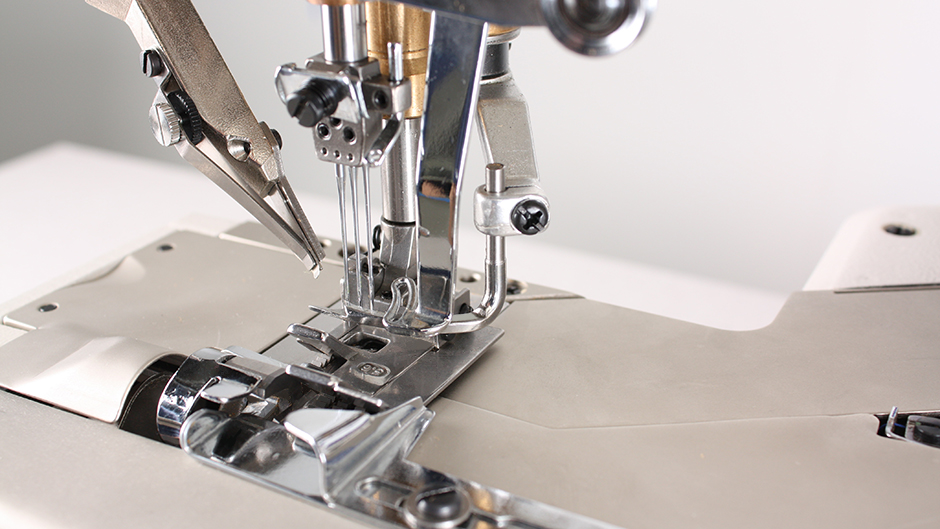
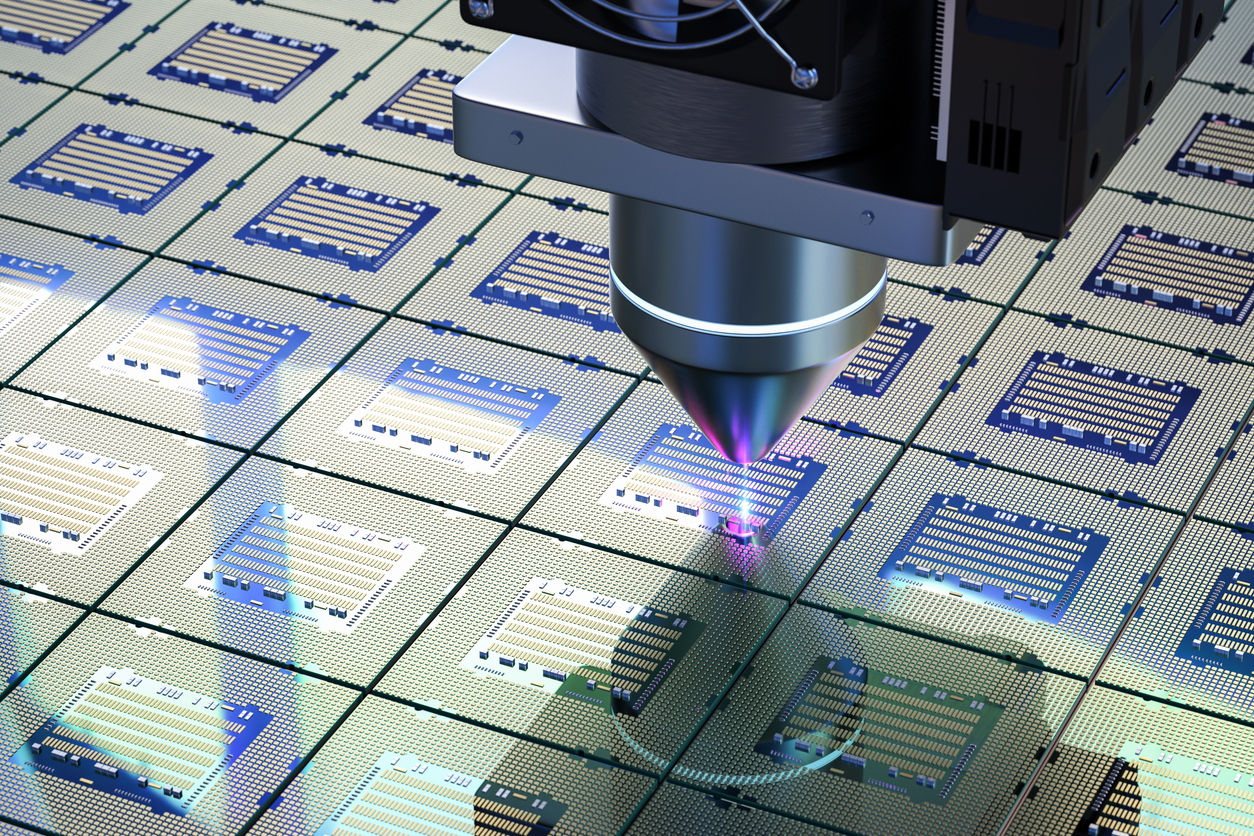
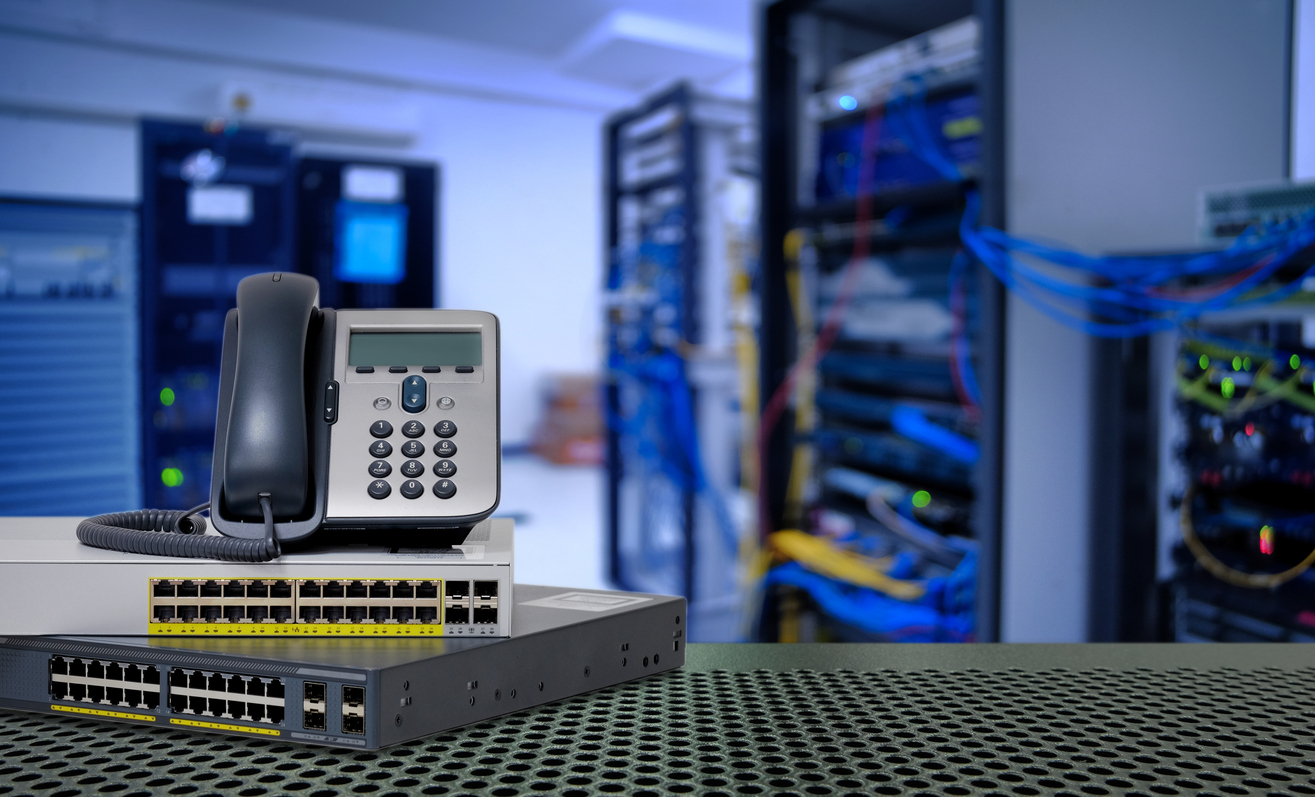
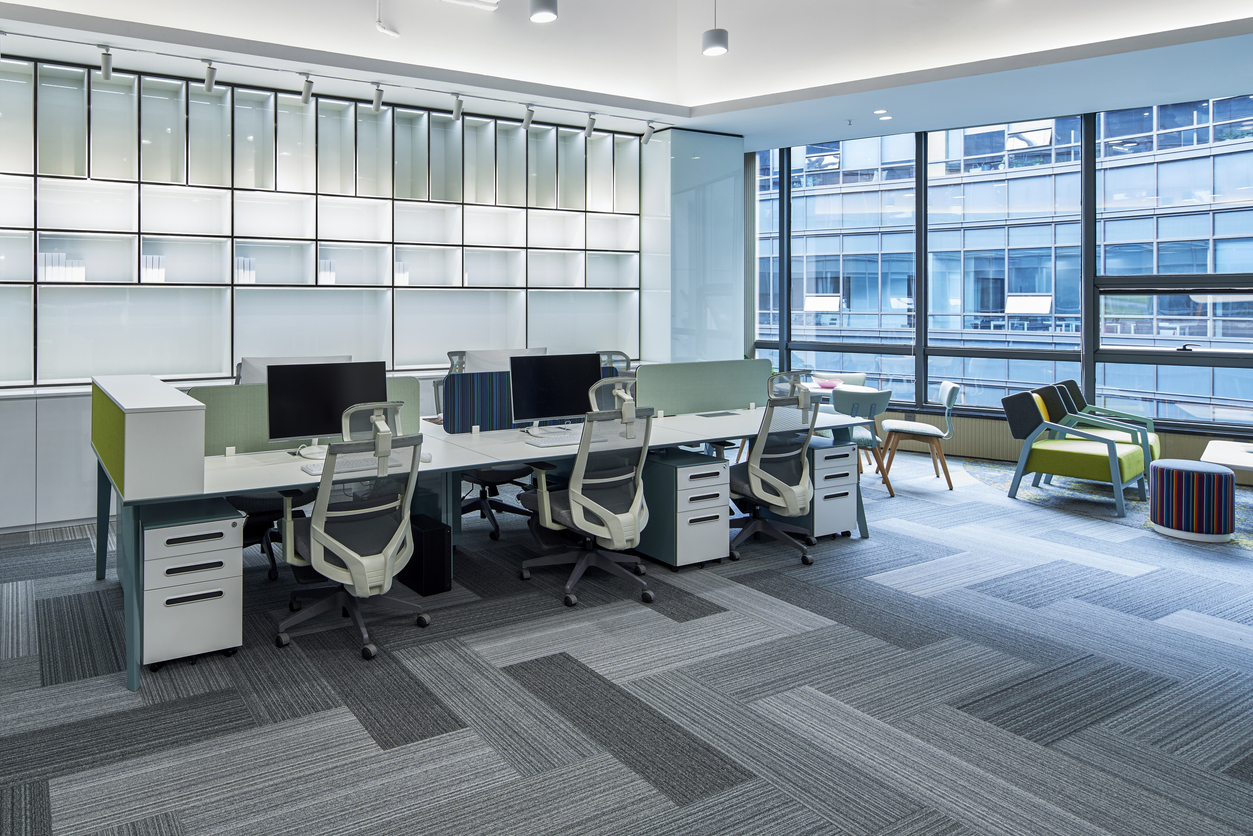

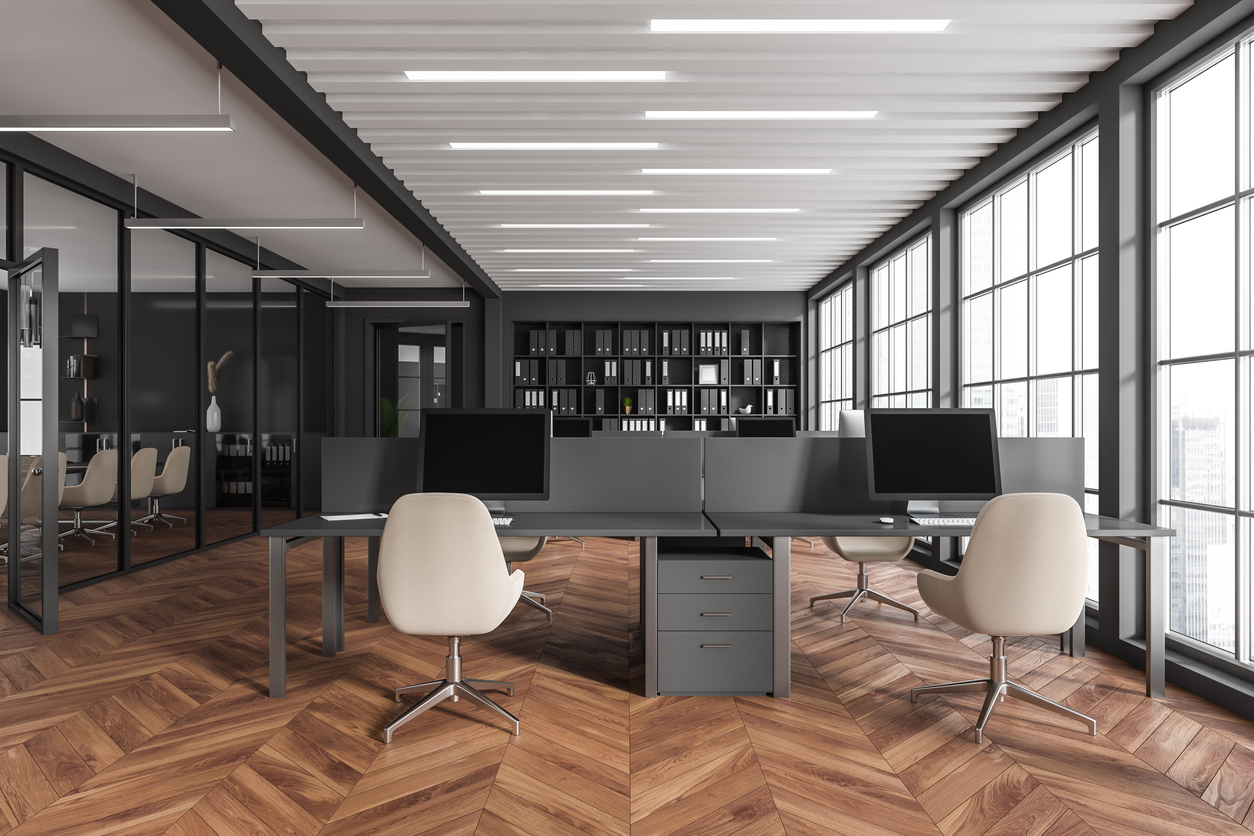
LEAVE A COMMENT
You must be logged in to post a comment.